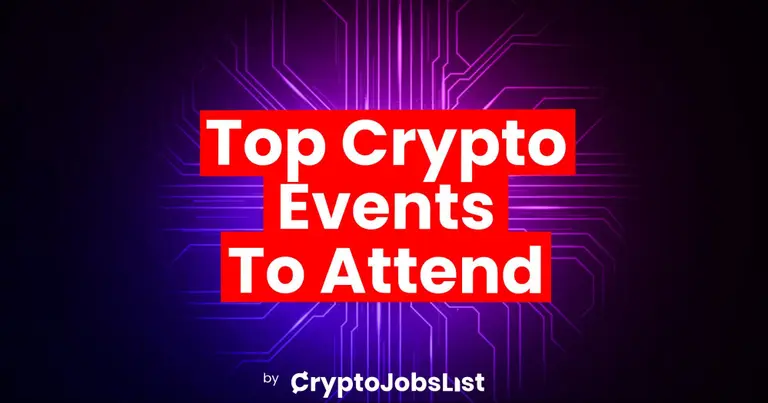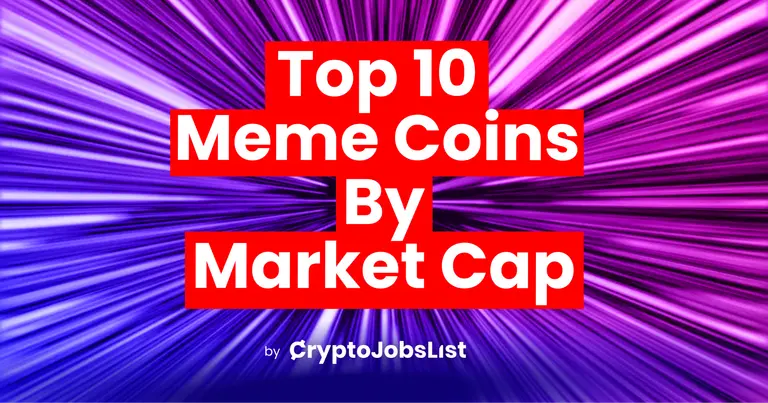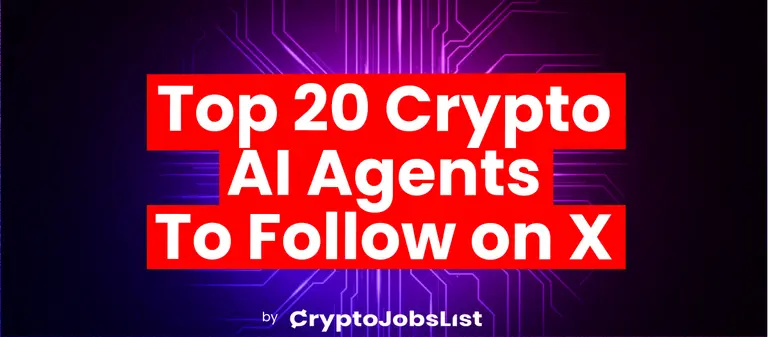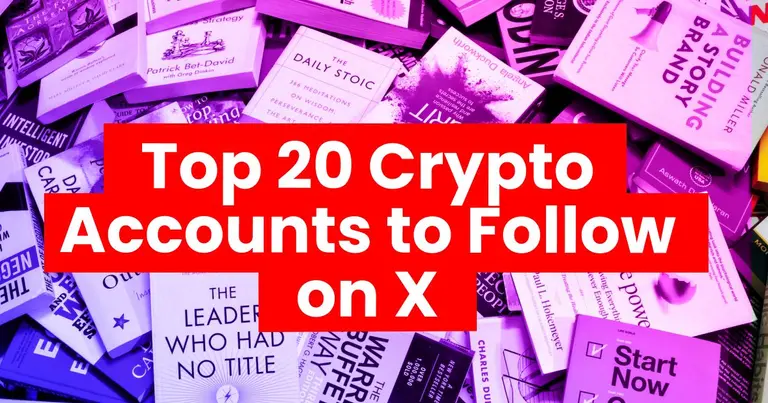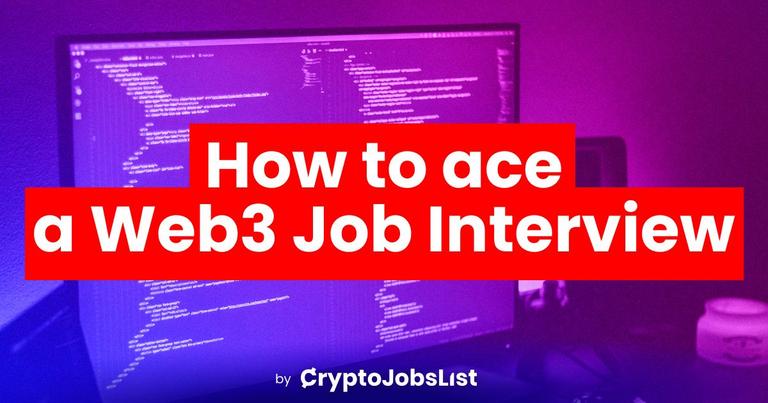KEY TAKEAWAYS:
- Blockchain Basics: It's a cool decentralized ledger for secure and transparent transactions.
- Trending in Development: Check out DeFi for finance without middlemen and NFTs for digital asset fun.
- Challenges & Excitement: Fast-paced industry, but tons of opportunities for innovation and impact.
- Must-Have Skills: Learn Solidity, programming basics, and embrace soft skills like teamwork.
- Educational Fun: Try online courses, join communities, hackathons, and read cool books.
- Job Titles for Your Future: Be a Blockchain Developer, Architect, or even a Product Manager!
- Future Predictions: Blockchain's on the rise, expect more adoption, innovation, and growth.
- Regulations Bring Opportunities: Regulations are coming, opening doors for more creativity and security.
- Tech Mashup: Explore the mix of blockchain with IoT, AI, and machine learning.
- Security Matters: Stay sharp on cybersecurity for a robust and rewarding web3 journey!
The field of blockchain technology has emerged as a transformative industry that has the potential to revolutionize multiple sectors such as finance, healthcare, supply chain management, voting, and education.
Due to the groundbreaking impact of this technology on various industries, such as finance, healthcare, and education, the demand for Web3 developers is on the rise. To excel in this field, one should possess both technical and soft skills, including a good understanding of cryptography, data structures, and blockchain.
There are vast growth opportunities in fields such as DeFi, NFTs, and enterprise blockchain, and several job opportunities are available. Furthermore, the future of blockchain looks promising with continuous growth, innovation, and potential changes in regulations.
As more and more people start to build in crypto and web3, the demand for great talent has been steadily increasing. You can see this in a Web3 Jobs Trend.
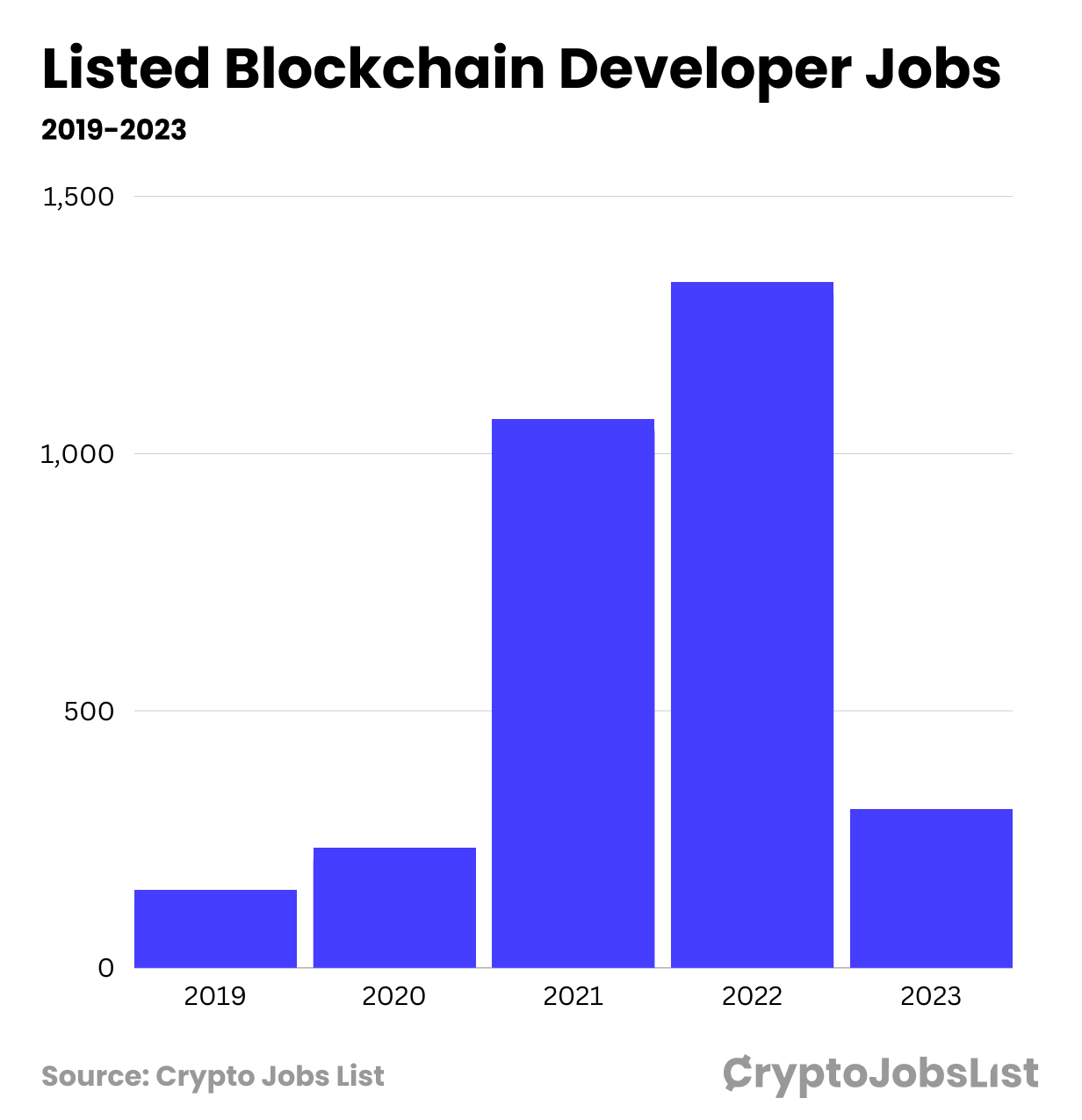
Blockchain's significance in the tech industry ensures a consistent demand for web3 developers and software engineers, even as more developers join teams to contribute to blockchain projects.
Becoming a blockchain developer in 2023 can be a lucrative and rewarding career choice.
This trend is expected to continue as more and more companies integrate blockchain into their existing systems or completely move their business models to enter web3 altogether.
However, this high demand also means that there is very high interest from people to become blockchain developers making it not just a technically hard but competitive career line too.
Becoming a great blockchain developer requires a mix of technical and soft skills.
Since the crypto industry keeps on going for 24 hours a day it’s one of the fastest fields to work in.
We will aim to cover the technical skills, general knowledge and everything in between that is required to become a blockchain developer.
We’ve also asked a few blockchain developers who are working in the industry to share their learnings and advice, which you’ll find within this guide.
So whether you’re an experienced developer who wants to transition into web3 or a complete beginner who wants to get their first crypto job, this article will provide you with whatever information you will need in your crypto developer journey.
💡The Tech Behind Blockchain
If you want to become a developer it is important to understand the tech that makes blockchain and how everything comes together.
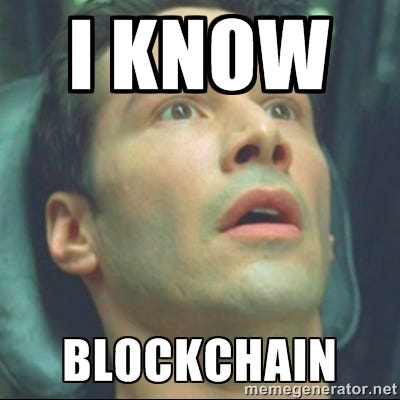
First things first, what really is blockchain?
Well, blockchain is a decentralized ledger that pushes transactions on a public or private network.
It also allows for secure, transparent, and efficient transactions without the need for intermediaries.
Immutability is at the core of blockchain which means that once a block is added to the chain, it cannot be altered or deleted.
That means each transaction on the chain can actually push a certain amount of data which stays there forever in the exact state that it was pushed on to the chain.
This helps to keep things transparent and relatively tamper proof as compared to the traditional centralized data storage systems or ledgers.
This makes it a secure and tamper-proof way to store and transmit data. The transactions on a blockchain are verified by a network of nodes that reach consensus on the state of the network.
Blockchains themselves can actually be public or private in nature.
Bitcoin is a public blockchain that anyone can see, interact with & transact on.
Ethereum blockchain is another hugely popular public blockchain network that also allows people to build and publish dapps (decentralized apps) on top of it.
Private blockchains however, are restricted to a very specific group of users and are usually deployed by companies for internal purposes, such as supply chain management or identity verification.
Some companies that employ a private blockchain are Walmart, IBM, JP Morgan etc.
These are the underlying key concepts that make blockchain possible, and they are crucial for a blockchain engineer to design and develop secure blockchain applications.
For an aspiring blockchain developer it is also important to have knowledge about cryptography, data structures, and distributed systems.
📊Key Trends in Blockchain Development
Blockchain is huge and within the industry there are certain buckets that drive things forward in their own way and with their own way of doing things.
Let’s quickly see what different trends have developed a strong foothold in the industry.
This would also allow you to understand what you resonate with the most within blockchain and where you’d like to take your developer career.
Developing in DeFi
First up, there's Decentralized Finance, or DeFi.
DeFi became a hot topic over the past few years and continues to be so. DeFi applications are decentralized financial systems that don't require intermediaries like banks.
Some examples of DeFi applications include decentralized exchanges, lending platforms, and insurance platforms.
Building something great in DeFi is not that easy and is a huge responsibility from a security perspective since people’s money is involved.
This means as a dev you will need to be on top of your game at all times and also be well versed with security and audit practices first hand.
This is also the reason why experience in DeFi is seen as a great plus for blockchain devs, particularly for those pursuing a career as a web 3.0 developer.
NFT Development
Another bucket to keep an eye on is Non-Fungible Tokens, or NFTs.
These are digital assets that are stored on a blockchain, and are used for things like art, collectibles, gaming, contracts etc.
NFTs are relatively new and gaming is emerging as a big use case. Tech such as smart NFTs that integrate with data oracles to pull on and off chain data to change form within the virtual ecosystem is really interesting and has a huge real world use case potential in the future.
As a blockchain developer, it's important to understand how NFTs work and how complex systems could potentially include NFTs as a value add rather than just a vanity metric.
Enterprise Blockchain Systems
As the advantages of blockchain become clear to people, huge businesses are choosing to integrate blockchain into their existing business processes.
Some great examples include supply chain management systems, identity verification systems, and payment systems.
If you have experience in developing enterprise blockchain solutions, you could be in a great position to capitalize on this trend.
In fact people who understand blockchain development are also a great asset from a consulting standpoint for a lot of huge companies across the world.
Interoperability Between Blockchains
As more and more blockchains are created there is an ever increasing demand for systems that can allow all these chains to communicate with one another in an efficient and secure manner.
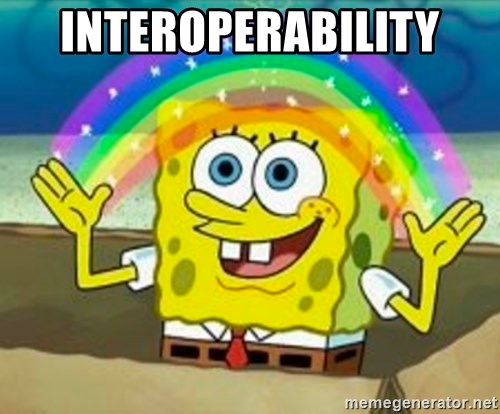
It's definitely worth your time to keep an eye on the interoperability scene in the industry.
Once again even with this sector you will need to specially pay attention to security and data transfer systems if you want to create things that are robust.
📐What Are The Challenges and Opportunities in Blockchain Development?
A big challenge that people in the crypto world face is how fast the industry moves. And the fact that crypto runs on a 24 hour cycle, it can become difficult to stay on top of whatever is happening around the world.
Since blockchain itself is not fully mature there is lots of research being published, inventions being pushed out and SOPs being modified. This makes it even more challenging to navigate.
A lot of projects do face regulatory uncertainty as well as the overall regulatory landscape itself isn’t really clear yet in every country.
This sometimes can also make working in the industry a bit less predictable on top of the existing price volatility making it a tad bit more volatile than many people have the appetite for.
Despite these challenges, the crypto industry provides amazing opportunities for innovation and a large impact.
Developers are technically on the forefront of possibly revolutionizing many industries such as finance, supply chain management, gaming, arts, data & many more.
Some people might think that the fast nature of the industry means a lower job security but we believe it couldn’t be further from the truth.
The industry is rapidly evolving with more and more opportunities cropping up every single day and demand for highly skilled developers increasing along with it. Consider learning web3 to meet this demand.
So there will always be a healthy demand for people who can do great work and because the people here love decentralization they are more open towards people having a healthy work life balance, getting paid more, and remote work!
Developers who keep improving their skill stack and make themselves adaptable can position themselves for success and shape the future of this amazing industry.
⌨️What Are Some Essential Skills for Blockchain Developers?
It’s important that we understand and build the skills required to become great blockchain devs. You’ll find a few key skills that we believe are necessary in order to become a professional at what you are going to do as a developer but as you can guess this is definitely not an exhaustive list.
You’ll find a few key skills that we believe are necessary in order to become great at what you are going to do as a blockchain developer but as you can guess this is definitely not an exhaustive list.
As time goes on and you get more hands-on experience as a web3 dev you will get to know what you don’t know and you must then take time to learn those things to fill in the holes in your development skill set.
Alright then moving on!
Of course it goes without saying that programming skills are a must-have for blockchain developers, duh!
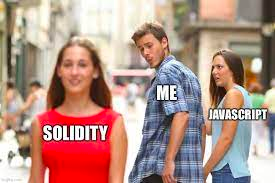
Solidity is the main programming language that most of the smart contract developers build with.
Solidity can be used in order to build on almost all the big blockchain ecosystems such as Ethereum, Polygon, Avalanche, Binance Smart Chain and many more!
We do recommend going through Javascript and basics of programming in general just in case you are totally new to development altogether.
Additionally you must make yourself familiar with data structures & algorithms, as well as object-oriented programming.
Cryptography is another component for blockchain, and you'll need a strong grasp of the fundamentals.
As a blockchain developer, you'll also need to understand how cryptography forms the base of blockchain.
So, this includes but is not limited to the knowledge of public key encryption, digital signatures, and hash functions.
For example, an understanding of how SHA 256 is used to get miners to mine Bitcoin blocks as well as Bitcoin wallet generation and transactions is going to be a must.
You’ll also need to understand peer-to-peer networks, consensus algorithms, and fault tolerance to create antifragile systems.
A senior software engineer who has worked on DAOs, NFT projects, who is also known as Naruto in the web3 world shared a valuable piece of advice for our readers:
Blockchain development is a very steep learning curve as compared to something like DSA or web2 in general. The web3 space is faster than most of the spaces/fields, so you’re in it for a sprint + marathon. Brace yourself. Code everyday, and join twitter to share your learnings. Commit meaningful codes everyday and share on twitter what you learnt.
Finally, soft skills like communication, teamwork, and adaptability are crucial to success as a dev in crypto.
Ideally we would also recommend learning the basics of social media as well as Crypto Twitter is a huge thing when it comes to interacting with others, building in public as well as building a strong network of people in the industry further helping you strengthen your career.
📚 A Deeper Dive Into Education For Aspiring Blockchain Devs
There are tons of resources available online but we thought we should narrow it down a bit for you to save you some time.
So, here are our thoughts on getting deeper into your web3 development educational journey!
Online Courses
There are many online courses available that teach the basics of blockchain technology and development.
Some popular options include Free Code Camp’s complete blockchain development course on YouTube, Coursera's Blockchain Specialization, edX's Blockchain Fundamentals course.
Start by learning from resources such as Free Code Camp’s blockchain courses. 32 hour blockchain dev course on YouTube is arguably one of the most popular courses out there.
Developer Communities
A community will not only get you new and amazing web3 “frens” but also allow you to learn faster, work together with other developers on interesting problems.
This will get you working on amazing ideas and building strong relationships across the industry that come in very handy when looking for a job in any field.
You can join sub Reddits, Discord servers, Telegram groups as well as interact with others through Twitter.
Developer Documentation
If you’re an experienced web2 developer you already know that documentation is one of the most under rated educational resources among freshers.
Most top blockchain protocols have in depth documentation out there that you can get started with.
You can probably find everything that you need, right from API documentation, developer tools to code examples.
Open-Source Projects
Contributing to open-source blockchain projects is hands down one of the best ways to learn about development and to gain great hands-on collaborative experience.
You will find tons of open source projects which you can start working on right away on Github.
Hackathons and Competitions
On a personal note I know many people who actually opened up doors to their crypto developer jobs by participating in hackathons.
Some directly got offers after meeting someone at the hackathon and others actually made friends with someone who went on to get hired by a company and then referred to this guy.
Yes, it’s a referral game too! People love to work with people they like so interacting more with like minded people is always going to be a big plus!
Books For Blockchain Development
There are many books available that cover all the aspects of blockchain and development.
2 very popular books around development are Mastering Bitcoin, Mastering Ethereum by Andreas M. Antonopoulos.
It's important to consider your current level of knowledge as well as your target level while choosing the resources!
Here are a few other venues to learn and get on the path of becoming a blockchain dev.
Bootcamps
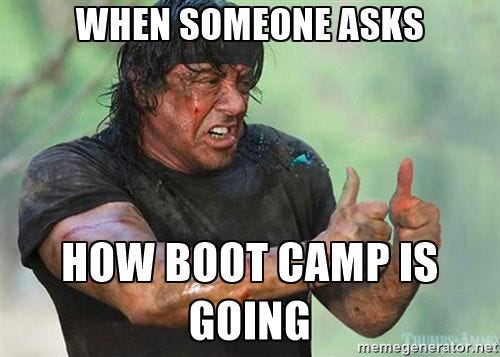
Bootcamps are intensive, power packed programmes over a much shorter duration compared to a degree.
Bootcamps primarily focus on job ready skills and some also help you connect with potential employers through partnerships.
Degrees
Many universities now offer degrees in blockchain development, including computer science and blockchain-specific programs.
These programs provide an in-depth education in computer science and blockchain development which potentially leads to more opportunities in the industry.
Getting Experience
Most jobs ask for experience and to get experience you need a job, a lot of people feel this is like the chicken and egg problem.
However, you can gain valuable experience as a fresher through internships, open-source contributions, and personal projects.
Networking
In every single one of our career guides we have dedicated a special section to networking and building relationships.
This article is no different!
Networking is an essential part of becoming a successful blockchain dev.
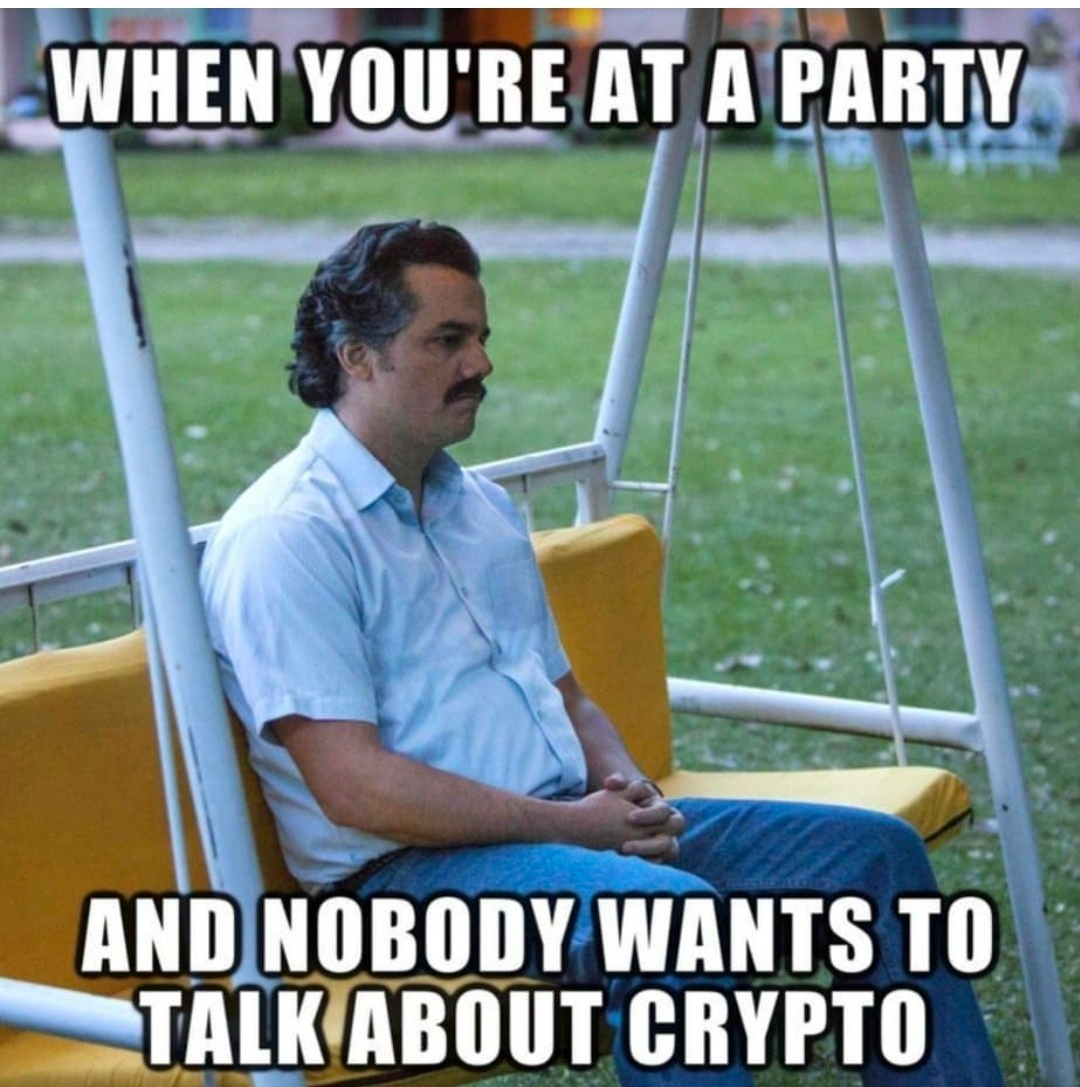
Attending conferences, meetups, and other industry events opens up many new doors for your career and relationships in the industry.
Meetups etc also provide the opportunity to meet other developers in the industry, learn about new developments in the field, and potentially find job opportunities.
By following a proper roadmap you can have a proven blueprint that many others have used to become successful developers and position yourself for success.
😄Job Titles and Descriptions in Blockchain Development
Let’s quickly look at some popular blockchain development related job roles and what you’d be expected to do in those roles.
Blockchain Developer
A blockchain dev is responsible for designing, implementing, and maintaining blockchain-based applications.
This includes developing smart contracts, building decentralized applications (dApps), and integrating blockchain technology into existing systems.
They should have experience in programming languages such as Javascript, Solidity.
Solidity is the most widely used programming language however newer blockchains are built on their own languages such as Plutus for Cardano or Move for Sui.
Experience with Ethereum, Hyperledger etc are going to be a big plus.
Blockchain Architect
A blockchain architect designs and implements blockchain architecture for organizations.
This includes planning and strategizing an approach, designing networks, selecting consensus mechanisms, and developing smart contracts.
A blockchain architect should have experience with blockchain development frameworks as well as with cloud computing and containerization tech such as Docker and Kubernetes.
Blockchain Consultant
A blockchain consultant advises organizations on blockchain and its applications. Many web2 organizations are considering using private blockchains to help make their systems more robust and tamper proof.
This is where the role of a blockchain consultant is imperative.
Their scope can include conducting feasibility studies, designing blockchain solutions, and providing training and support to organizations.
A blockchain consultant should ideally have a strong understanding of the tech, as well as experience in project management and consulting.
Blockchain Product Manager
As more people try to build innovative solutions to real world problems with an integration into blockchain, the demand for product managers keeps on increasing.
A blockchain product manager is responsible for overseeing the development of blockchain-based products.
This includes defining product requirements, prioritizing features, and managing the development process.
Are these all? Of course not.
There are other job roles such as smart contract developers, smart contract auditors, ui/ux developers etc. The blockchain industry is growing at a fast pace and the need for people who understand development is ever increasing.
Additionally there are new job roles being created in the market as well based on the needs of the startups in the space. For example, a meme creator is a new job role that has come up recently, you will find such new roles popping up in the blockchain dev space as well, so keep your eyes peeled.
💯Future of Blockchain Development
Blockchain is one of the fastest growing industries.
Both private and public blockchains are being used to solve problems in an innovative way which is simply opening up doors for all kinds of people but most importantly for developers who wish to be a part of this revolution and build things that can potentially change the future of the world.
Adoption is increasing at a staggering pace
Blockchain is being adopted into supply chain, healthcare, identity management, data transfer, security etc. with more and more innovative solutions coming into the market.
As more businesses and people begin to recognise the potential benefits of blockchain, the demand for developers is likely to continue to grow.
This is particularly true in areas such as DeFi, NFTs, and enterprise blockchain solutions, which are all likely to see increased adoption in the coming years.
Continued Innovation
The crypto industry is known for its fast paced innovation, and this trend is likely to continue in the coming years too.
As devs here continue to push the boundaries of what is possible, we can expect to see new and exciting applications and use cases come up.
An interesting use case that is starting to emerge is the use of NFTs in the real estate, insurance and general contracts that are self executing.
Regulations open doors to growth
As more and more people get into this space the governments will need to hasten their approach towards bringing regulation and laws in place.
This would promote more people entering web3 as well as much more innovation especially as governments themselves start to use blockchain for its various benefits into their systems.
Blockchain and IOT
IOT use is growing at a fast pace and so is the risk of malicious actors leveraging IOT to gain sensitive info.
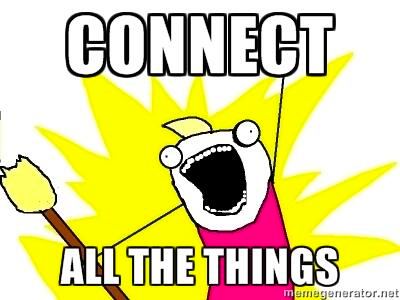
Blockchain can potentially help secure the product and supply chain to make sure there is no tampering end to end.
AI and IOT also could very well play within blockchain ecosystems to help achieve this as well.
People who understand AI, Machine learning and blockchain are going to potentially reap those rewards!
Cybersecurity & Blockchain
Online security still remains a priority given that the number of hacks have been increasing at a very fast pace.
Web3 systems are only as secure as their weakest link, and it will be important for devs to continue to prioritize security in their efforts.
Encryption, authentication and other security related practices are likely to gain more attention as this industry grows.
Ideally devs with some background around network systems, cryptography, and security practices are likely to gain the maximum rewards out of this vertical in the coming years.
Frequently Asked Questions
Q1. How long does it take to become a Web3 developer?
Becoming a Web3 developer can vary in time, depending on your starting point. For someone with some programming experience, it could take a few months to get comfortable with Web3 concepts and technologies.
Q2. What is the salary of a Web3 developer?
The salary for a Web3 developer can vary widely based on location, experience, and the specific company. On average, Web3 developers can expect to earn competitive salaries in the tech industry, often ranging from the upper five figures to well into six figures.
Q3. Is there a shortage of Web3 developers?
Yes, there is a noticeable shortage of Web3 developers. The rapid growth of the blockchain and cryptocurrency sectors has outpaced the number of skilled developers available, leading to high demand for professionals with Web3 development skills.
🎁Let’s Wrap
Becoming a successful blockchain dev in 2023 & beyond will require a strong combo of technical skills, industry knowledge, and security best practices.
In addition to the tech skills, it's also imperative to build a strong base of fundamental knowledge around web3 systems and stay up-to-date with the latest trends in the industry.
A great way to achieve this would be to attend conferences, join Twitter spaces and discussions, go to fireside chats, talk to and connect with other developers and people building in crypto.
By following the steps outlined in this guide and staying up-to-date, you can position yourself for success as a blockchain developer in 2023 and beyond.
As always, good luck with your web3 dev job search!




